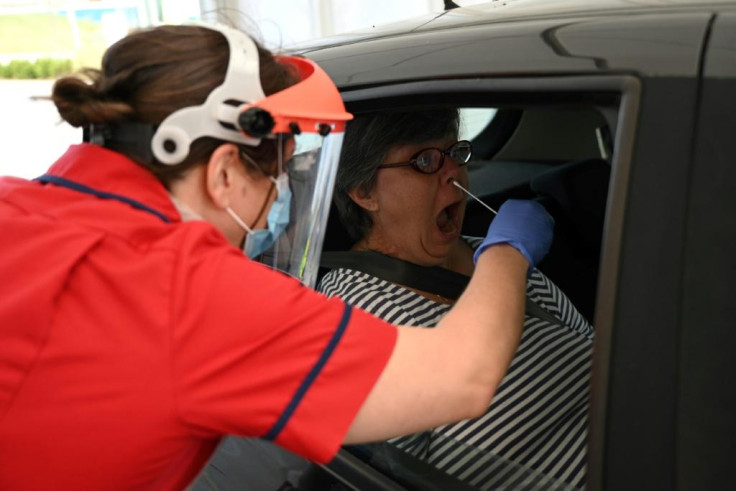COVID-19: Inaccurate screening test kits could lead to another outbreak, says health experts
Faulty tests can often lead to false negatives especially from those with a low viral load at the onset of infection.
It appears that almost every biotech company is focusing on the development of a vaccine or treatment for COVID-19. This is evidently understandable given devastation the 2019 novel coronavirus has brought about globally. So far, there have been multiple reports wherein promising drug candidates were approved for human trials, while others already cleared some phases of their respective studies. However, it seems that some health experts are still concerned about the accuracy of screening tests.
With approval from the Food and Drug Administration (FDA) courtesy of the emergency powers granted by the government, healthcare systems were allowed to use available testing kits. Unfortunately, these failed to undergo large-scale trials to confirm its overall precision. Hence, with data hinting that another outbreak is likely happening soon, many are suspecting that misdiagnosis might be to blame for new infections, as reported by NJ.com.
"In the beginning, the FDA was under a lot of pressure to get these tests onto the marketplace," stated Dr. Steven Woloshin of Dartmouth College. "But now that there are plenty of tests out there, it's time for them to raise the bar." With researchers projecting that the COVID-19 pandemic will not be ending soon, they are calling for the agency to only accept those that have been proven accurate.
Faulty tests can often lead to false negatives especially from those with a low viral load at the onset of infection. According to experts, even the ones allegedly used at the White House have been flagged with issues. In a statement from the FDA, it noted that manufacturers of the testing kits were already instructed to perform more sets of accuracy studies.

On the other hand, it was pointed out that there are no screening tests for various types of diseases such as HIV, cancer, hepatitis, and seasonal flu that are 100 percent accurate. Stanford University's Dr. Robert Kaplan, states that results from controlled lab testing are not similar to actual conditions in hospitals, testing sites, and clinics. "You're testing people in parking lots, the patients themselves are extremely anxious and often unable to follow instructions," said the former associate director of the National Institutes of Health (NIH).
© Copyright IBTimes 2025. All rights reserved.





















